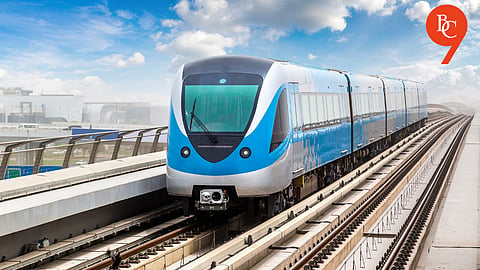

Pune, 25 September 2025: To accommodate the rising demand for its services throughout the city, Pune Metro is preparing to launch a 'driverless' train service as part of the upcoming Phase Two of the project, beginning with the planned route from Khadakwasla to Kharadi.
Vinod Agarwal, Director of Systems and Operations at Maha-Metro, which is overseeing the Pune Metro project, stated that due to increasing ridership demand and passenger transfers, Pune Metro plans to introduce Driverless or Unattended Train Operation (UTO mode) on the new Metro lines of the Pune Metro Rail Projects.
UTO operations are becoming common in the new and upcoming Metro lines in major Indian cities like Delhi, Mumbai, and Chennai. Driverless operations can help reduce human errors, enhance punctuality, and elevate the quality of Metro services. They boost reliability and enhance service performance.
A consultant will be hired by Pune Metro to evaluate the driverless train systems and conduct comprehensive cost assessments, according to Agarwal. Currently, the Attended Train Operation involves drivers who initiate the Metro rail, manage its operations, and close the train doors using controls, Agarwal explained.
UTO system is more dependable
The technologically advanced UTO system or driverless system is more reliable than humans, and it also increases the space for passengers with the removal of the cabin meant for drivers, Agarwal pointed out.
In talks with Indian Express, Agarwal explained that the driverless system will be implemented exclusively on the Metro routes planned for Phase Two, as it necessitates trains equipped with the appropriate technology and signalling.
The current Metro rail routes from Phase 1 will transition to driverless mode once the system is upgraded in the coming years. The Maha-Metro manages Pune Metro Line 1, which runs from Pimpri Chinchwad Municipal Corporation (PCMC) to Swargate, and Line 2, which extends from Vanaz to Ramwadi. Meanwhile, Pune Metro Line 3, stretching from Shivajinagar to Hinjewadi, is being developed by PMRDA.
